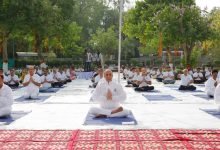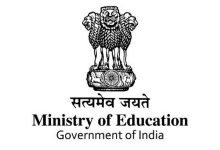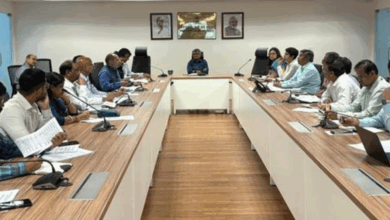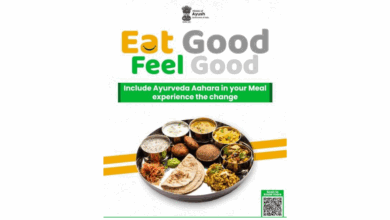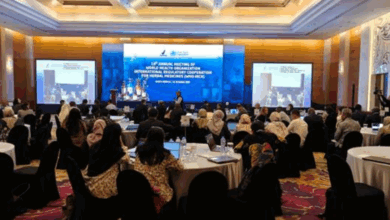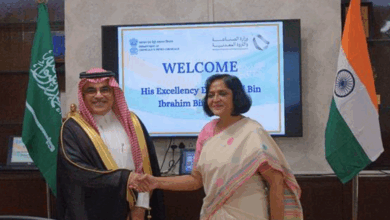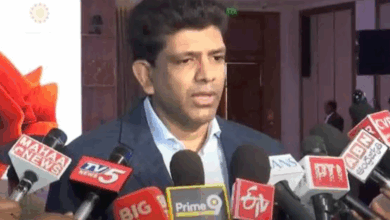Union Minister Shri Anurag Thakur addresses Summit for Information and Democracy
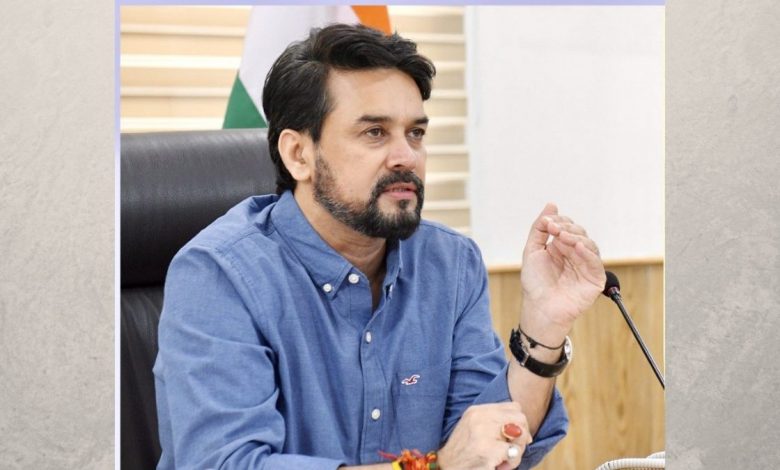
Important that issue of Infodemic is addressed at the highest level: Shri Anurag Thakur
Union Minister for Information and Broadcasting Shri Anurag Thakur addressed the Summit for Information and Democracy on the sidelines of the UNGA organized at the Consulate General of France, New York, yesterday. Joining from Leh, Ladakh, the Minister participated in a round table discussion.
In his remarks at the end of the round table discussion, the Minister said “while the world is battling the pandemic, the task of combating the equally damaging “Infodemic” also presents a challenge to member States. It is important that the issue of the Infodemic is addressed at the highest level. We are pleased to be a founding member and signatory of the “International Partnership for Information and Democracy”.
The Minister informed the gathering of the onslaught of misinformation faced by India during the COVID pandemic and said “domestically, India faced a dual information challenge in the wake of the pandemic. On one end of the spectrum, the urban population faced the challenge of the rapid spread of misleading and fake information through social media and other smartphone applications. On the other end, we had people in rural and remote areas, where last-mile communication varied from region to region with multiple regional languages.”
In informing the audience about India’s swift response to this infodemic Shri Anurag Thakur said “the Government of India responded to these challenges through swift and clear communication, based on science and facts. Ensuring a regular and authentic flow of information has been an important policy component of the Indian response to counter misinformation, fake news, and false narratives. We held daily press briefings on COVID which was widely disseminated through the TV News, print, radio, and social media.”
The Minister further added that “India’s Press Information Bureau was actively involved in debunking fake narratives and news through its various platforms. We also used the power of humor to inform the Indian public on various issues.”
Shri Anurag Thakur said, “a transparent, timely, and trustworthy flow of information furthers democracy and allows our citizens to make informed decisions. India firmly believes in this.”
“The General Assembly has proclaimed this year, by consensus, October 24-31 as ‘Global Media and Information Literacy week’ to address concerns about the exponential spread and proliferation of disinformation and misinformation through imparting media literacy skills. I am happy to inform you that India was among the core group of countries which piloted this resolution. We are also among the co-sponsors of a similar resolution in UNESCO.
India was also among the co-authors of a first-of-its-kind Cross-Regional Statement on “Infodemic” in the Context of COVID-19. We have also actively supported the UN Department of Global Communication’s “Verified” and “Pledge To Pause” initiatives.
Globally, engagement with member countries to address misinformation during an infodemic and learning from each other will go a long way to understand the issues and to find suitable solutions to address the concerns.
Background
The International Partnership for Information and Democracy was launched in New York on 26 September 2019, in the framework of the Alliance for Multilateralism. It has been signed to date by
43 States, and aims to promote freedom of opinion and expression and access to free, pluralistic, and reliable information.
In order to implement the Partnership’s principles, a Forum on Information and Democracy was created on 10 November 2019 by Reporters Without Borders and 10 independent civil society organizations. On 12 November 2020, the Forum published its first report on the fight against infodemics, followed on 16 June 2021 by its second report on the economic sustainability of journalism (entitled A New Deal for Journalism).
Objectives
The Summit was an opportunity to focus on the following priorities:
1. Defending and promoting access to free, pluralistic, and reliable information, an essential aspect of freedom of opinion and expression.
2. Debating the Forum’s recommendations, fostering their implementation, and supporting upcoming work.
3. Considering the creation of an International Observatory on Information and Democracy responsible for analyzing global information trends and publishing a regular report for the Partnership’s signatory States and civil society;
4. Launching a civil society coalition (around 50 NGOs) linked to the Forum, to promote the Partnership’s principles with States and the public through awareness-raising and advocacy;
5. Fostering ties between the International Partnership for Information and Democracy and international organizations involved in issues around access to free, pluralistic, and reliable information

